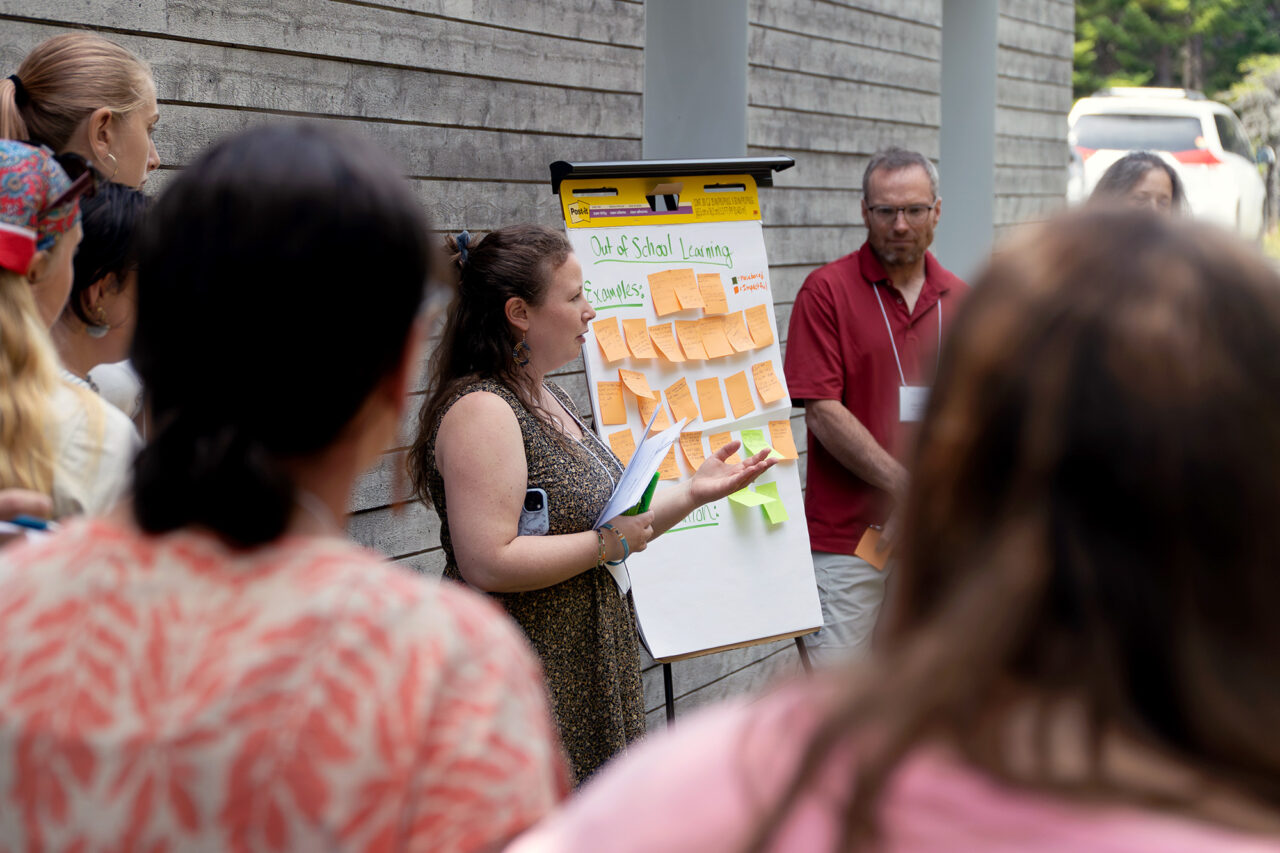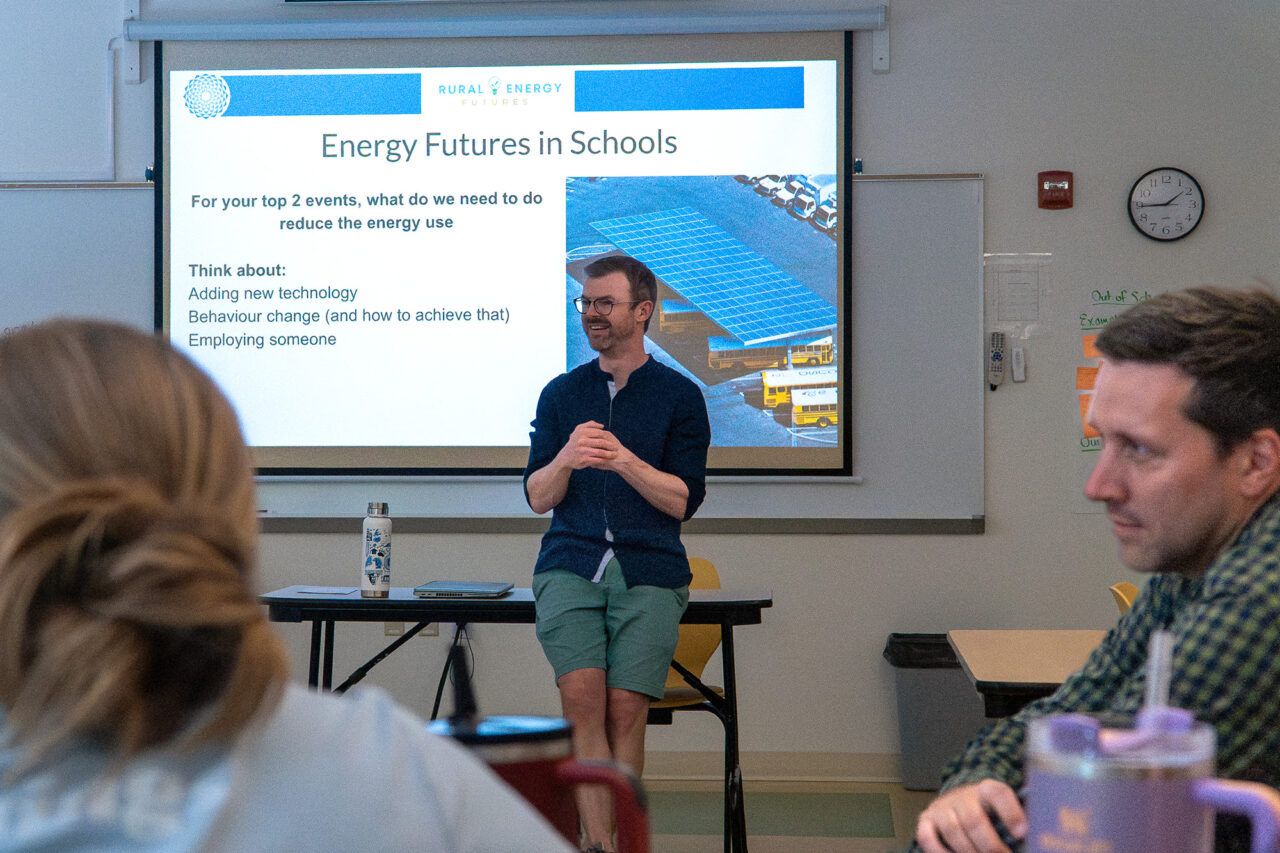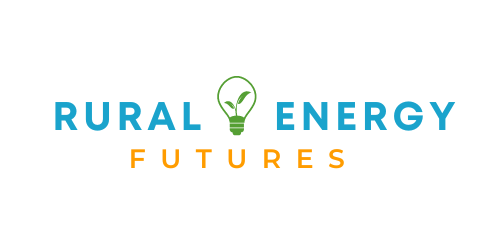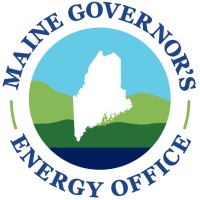Bringing Maine Energy Topics to Math & Science Classrooms
Rural Energy Futures brings together educators, energy professionals, local communities, and middle and high school students to explore energy transition topics and careers in rural Maine through two projects.
Read more below to learn about professional development opportunities for Maine teachers and students.
Join The Middle School Rural Energy Futures Project!
Strengthen your students’ math skills through first-hand experiences using local data sets and mathematical modeling as your class investigates a clean energy issue in your community.
MMSA is seeking teams of two to four 7th or 8th-grade teachers from rural Maine schools, with at least one math educator on the team to join this NSF-funded project.
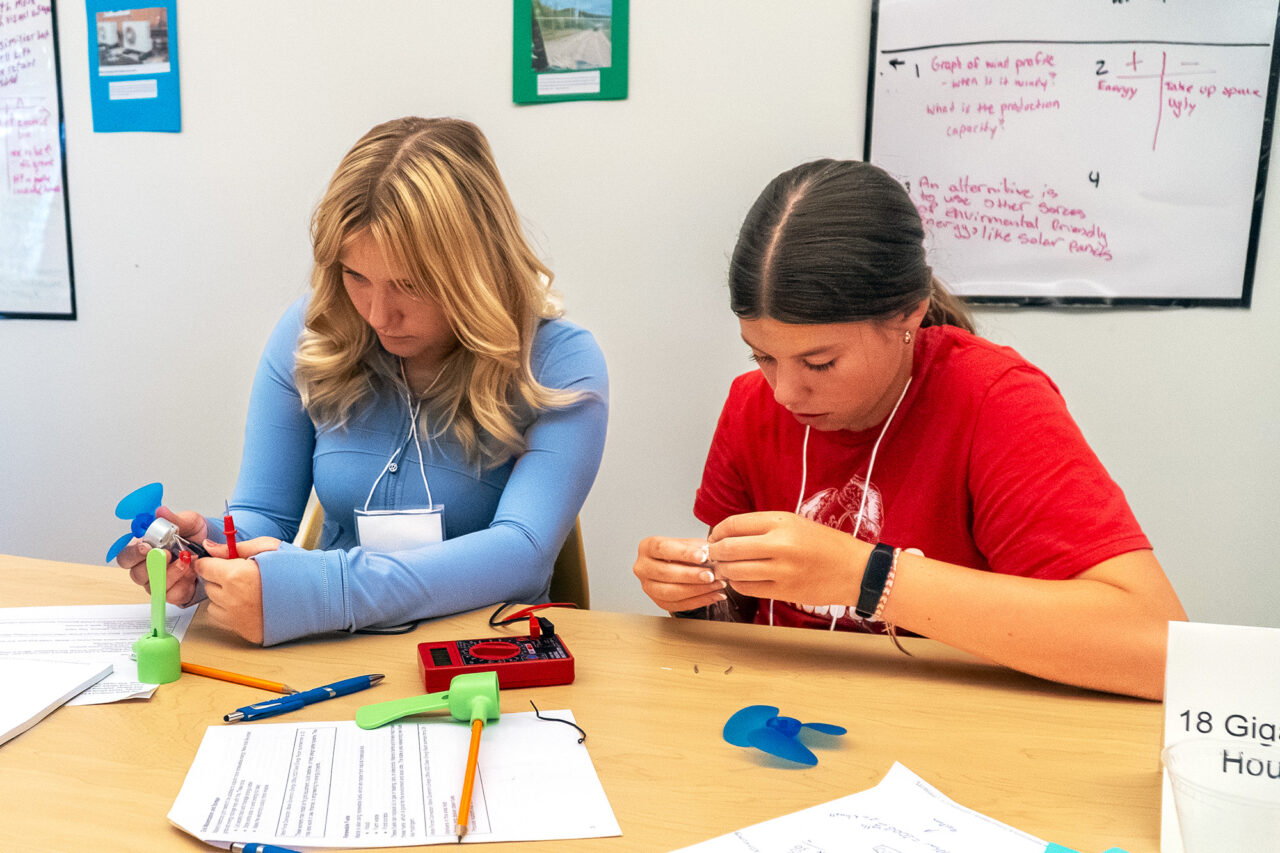
Project Highlights
Classroom-Ready Lessons: Educators implement a curriculum-aligned, adaptable unit that directly builds key math concepts through unit-framing questions and place-based learning about local energy topics.
Hands-on Professional Learning: Participants attend a three-day Summer Institute where they learn alongside students, energy professionals, and local experts, with ongoing year-round support from MMSA’s STEM Specialists.
Mentor Support: Collaborate with and receive support fromlocal energy professionals and community experts who will bring real-world math examples, experiences, and data to your class.
Student Engagement: Give your class hands-on experiences that make math relevant as students solve real-world questions, work with their communities, and share their findings with local stakeholders during Community Events.
Benefits & Perks: Educators receive $1,000 stipends, a materials budget, and 20 contact hours.
Get more details, a project timeline, and a participation overview(opens in a new tab) to know what’s involved for educators.
Apply Now to Bring Real-World Problem Solving to Your Class!
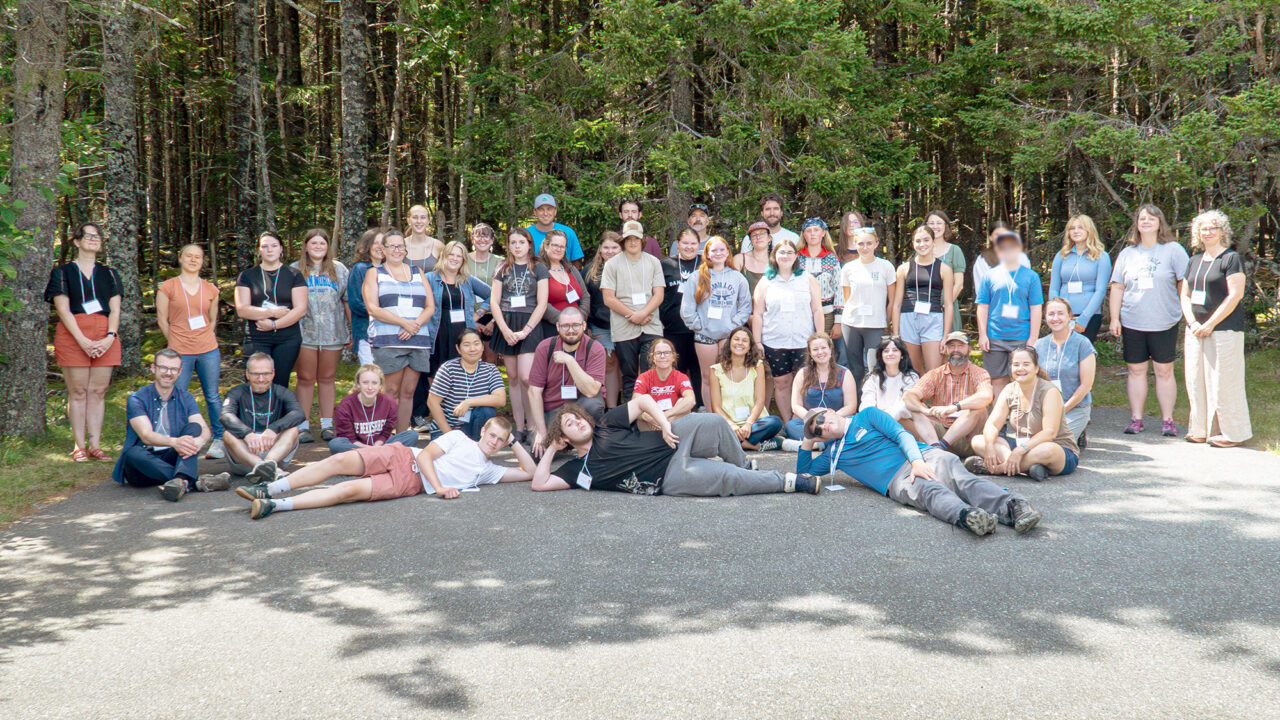
High School Rural Energy Futures
A portion of the program involves co-designing and field testing a place-based learning experience that connects rural high school students with clean energy and energy efficiency careers in Maine, and is funded by the Maine Governor’s Energy Office.
The Rural Energy Futures Approach
Recent state and federal commitments signal that investments in efficient energy infrastructure are going to be a significant part of social and economic futures. Rural areas, like those in Maine, have gotten a lot of attention as places that have the natural resources to build energy transition infrastructure. But, these investments don’t always consider the ways they might disrupt local cultures, customs, and industries.
The Rural Energy Futures initiative directly acknowledges these tensions and opportunities in rural Maine by co-designing and implementing—alongside educators, students, policy leaders, and community workers involved in and affected by energy transitions—a place-based, math-centric learning experience aligned with state energy transition goals.
In both projects, teachers and students work with local energy experts to understand the breadth of wisdom and experience that informs local energy transition conversations. Along the way, students build confidence in their STEM identities, realize the STEM expertise of their family and neighbors, experience using math to solve real current problems, and connect with local career opportunities.

Read recent blog posts about Rural Energy Futures:
- Mentorship Plays Pivotal Role in Rural Energy Futures Project
- When Students and Teachers Lead: Designing Energy Lessons That Matter Locally
- Governor’s Energy Office Announces Funding for Clean Energy Workforce Training
- $1.3 Million Awarded to MMSA for Rural STEM Project
MMSA Project Staff

Research Team Lead

Math Programs Team Lead

Programmatic and Research Director

STEM Education Specialist
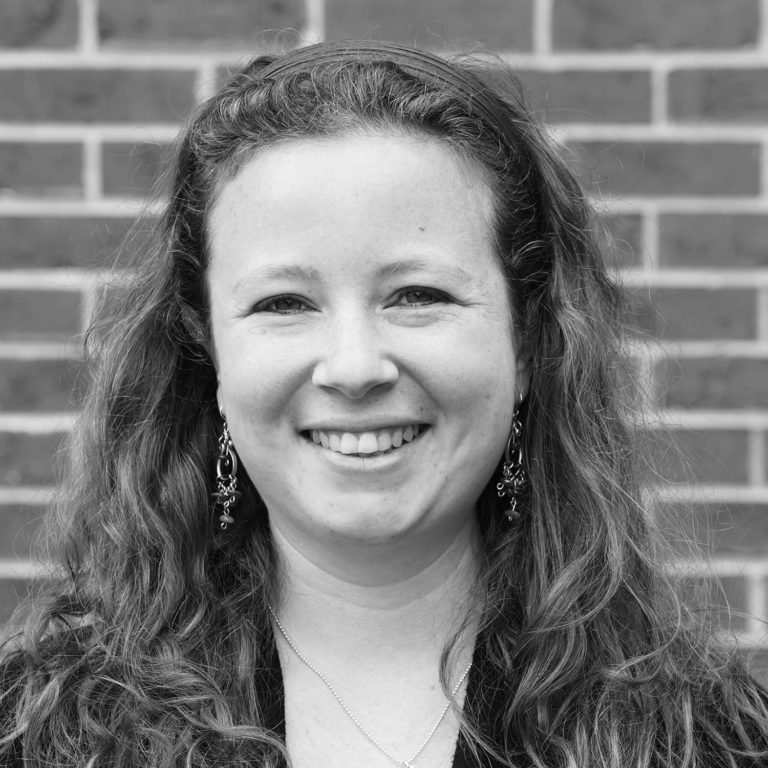
STEM Education Specialist

STEM Education Specialist

Research Assistant

Researcher
